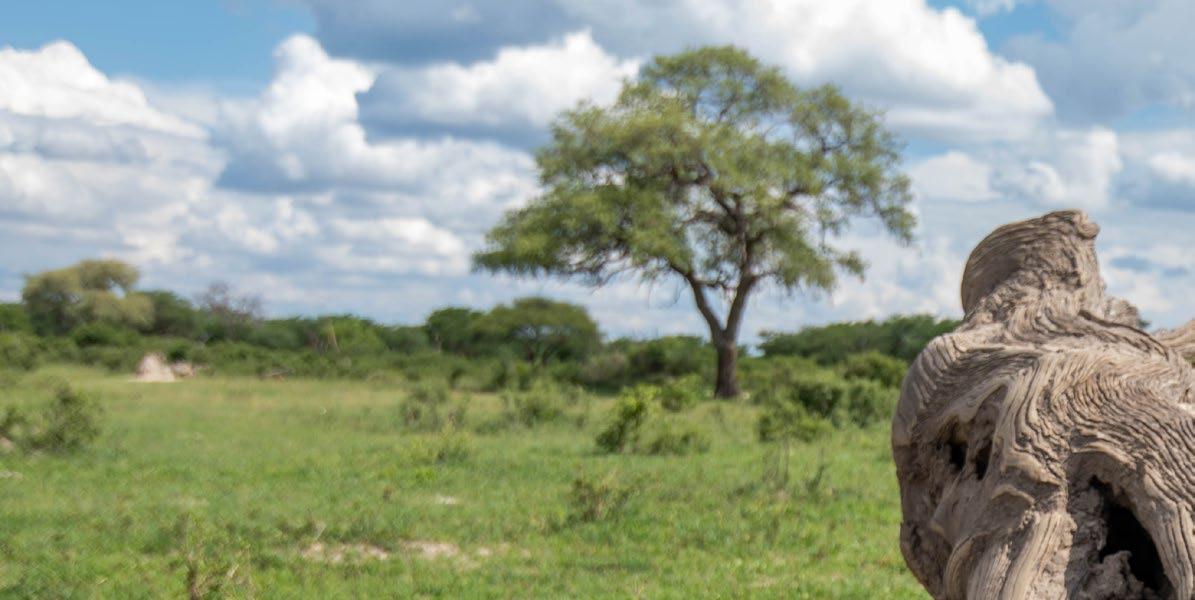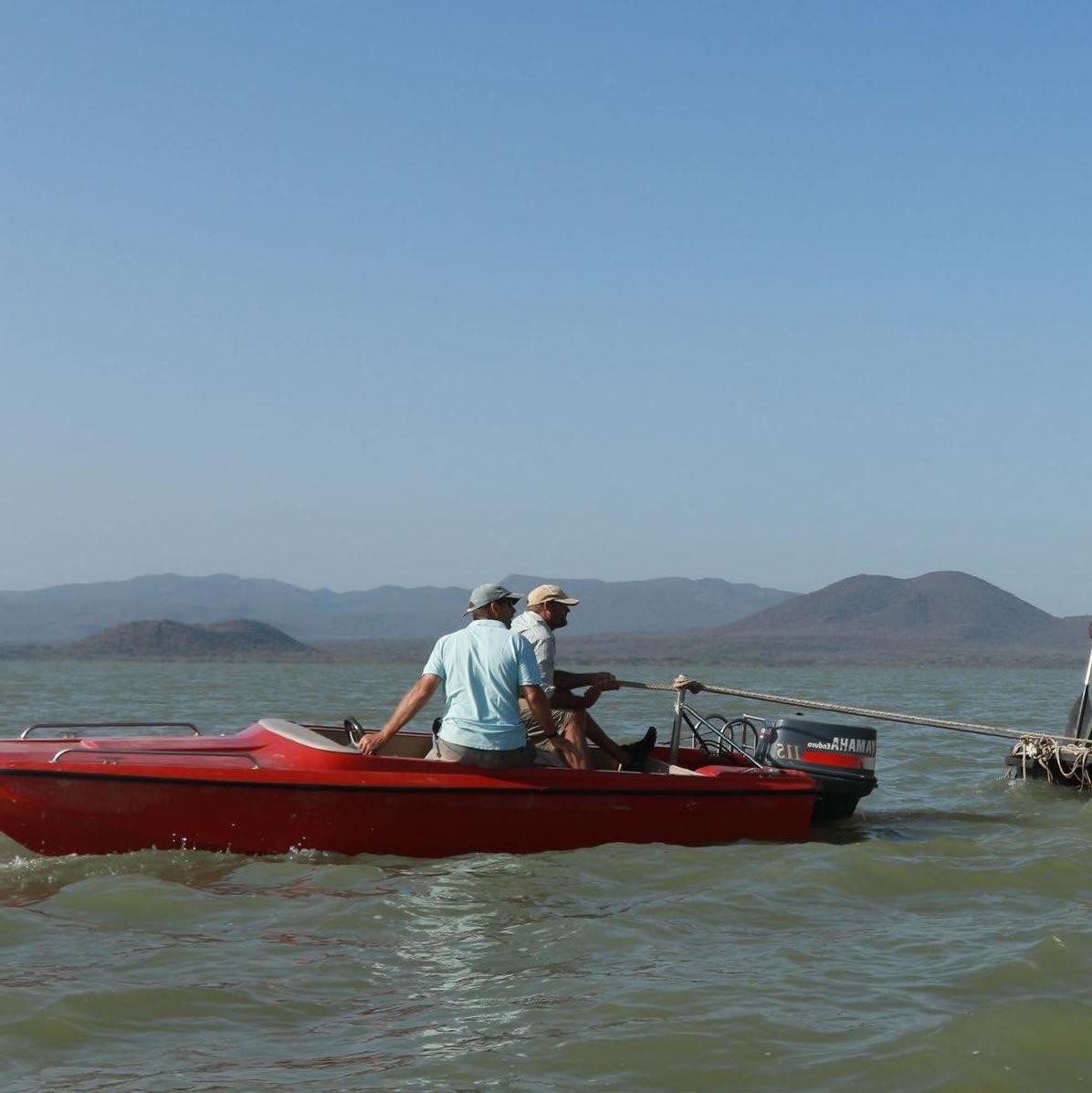Reforming Poachers, by Amos Gwema
A new perspective on illegal wildlife trade The poaching of any animal is a crime that deserves introspection and thorough investigation. As a wildlife intelligence officer, responsible for wildlife intelligence throughout Zimbabwe, it is my duty to ask what we could have done to prevent it. After this year of turmoil, that task will become more difficult. But a solution can be found in working with local communities.
The pandemic’s direct impact on conservation could appear, at the very surface level, to be positive. With international flights grounded, the supply chains of the illegal wildlife trade have been heavily disrupted. Poachers’ usual avenues for exporting their illegal goods, such as pangolins and elephant tusks, have been largely cut off. As a result, many areas have witnessed significant declines in wildlife crime – indeed, in Hwange National Park, one of the areas I am responsible for monitoring, not a single elephant has been poached this year. The pandemic has precipitated a devastating decline in tourism revenues, which are a significant source of funding for wildlife conservation efforts and – most pertinently – a lifeline for local communities. International donations have also suffered during this year’s economic crisis. This funding crisis risks setting back conservation efforts for decades. The simple reason is that poaching, like many crimes, is borne of a lack of opportunity. The economic shockwaves of the pandemic will only increase the desperation felt in communities around protected areas. Just as night follows day, that will push more and more humans into conflict with Africa’s wildlife. The impending crisis demands urgent action. One area that governments and international wildlife donors should target is the use of intelligence to combat wildlife crime. Intelligence is what I call the first line of defence for wildlife conservation, but it is greatly underfunded. By building relationships with communities, we can understand where and when poachers will seek to enter protected areas.
51
Tusk Talk | 2021 Magazine
The pandemic has slowed animal poaching down – but now we need to rehabilitate those who do it
For example, Hwange National Park is half the size of Belgium. With our resources, such as our fuel allocation, being cut – and just one vehicle, which is not even a 4x4, at our disposal – how can we do this? The answer is: we need to be intelligent. By understanding how poachers work and dismantle their networks at root in the communities, conservation efforts become much more effective. In Hwange National Park we have seen a significant reduction in poaching: from over 300 elephants killed in 2013, to 25 in 2019. This record of using intelligence to tackle wildlife crime recently brought recognition, as I won the 2020 Tusk Wildlife Ranger Award. But I and Tusk










